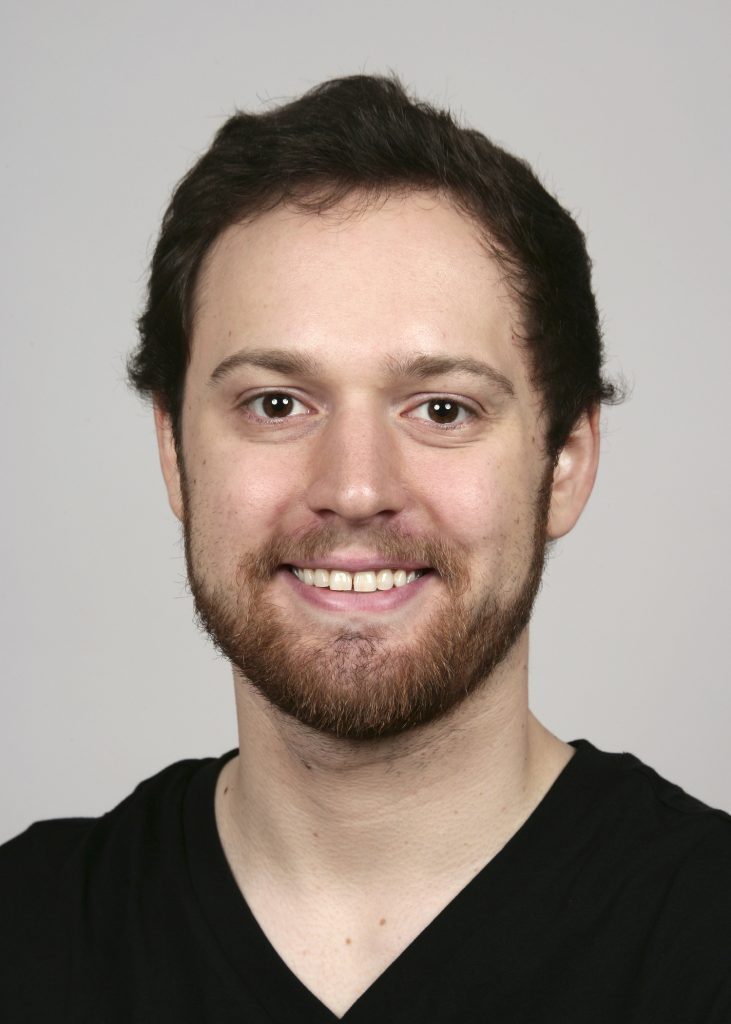Daniel Scott
Phases of matter have been studied for centuries from the perspective of classical physics, limited mostly to the easily accessible phases of solids, liquids, and gases for different materials. However, other phases of matter beyond the conventional limits of classical physics have been found to exist. Of key interest to my research are non-trivial electronic transport states (especially superconductivity and topological insulation). Of the two, superconductivity is most well-known and involves the flow of an electric current in a material without resistance below a certain critical temperature. The most direct application of superconductors and topological insulators are in electronic devices such as quantum computers, quantum sensors, and spintronics. My project explores the quantum phases of matter, and the dynamics of their quantum critical phase transitions, with a focus on ferroelectric and antiferroelectric materials. Pulsed laser deposition and floating zone furnaces are used to fabricate highly uniform single crystals of our chosen materials. The behaviour of these crystals is then studied under different quantum tuning parameters (charge carrier density, hydrostatic pressure, uniaxial strain, chemical substitution, magnetic/electric field, etc.). Nanoelectronic devices can be fabricated from the crystals with photolithography to study electric transport properties in the materials. Measurements at extremely low cryogenic temperatures are performed using solid-state cooling (adiabatic demagnetization refrigeration) or dilution refrigeration. I explore the principles guiding quantum phase transitions and search for new materials to be used as functional nanoelectronic components in next-generation quantum devices.


